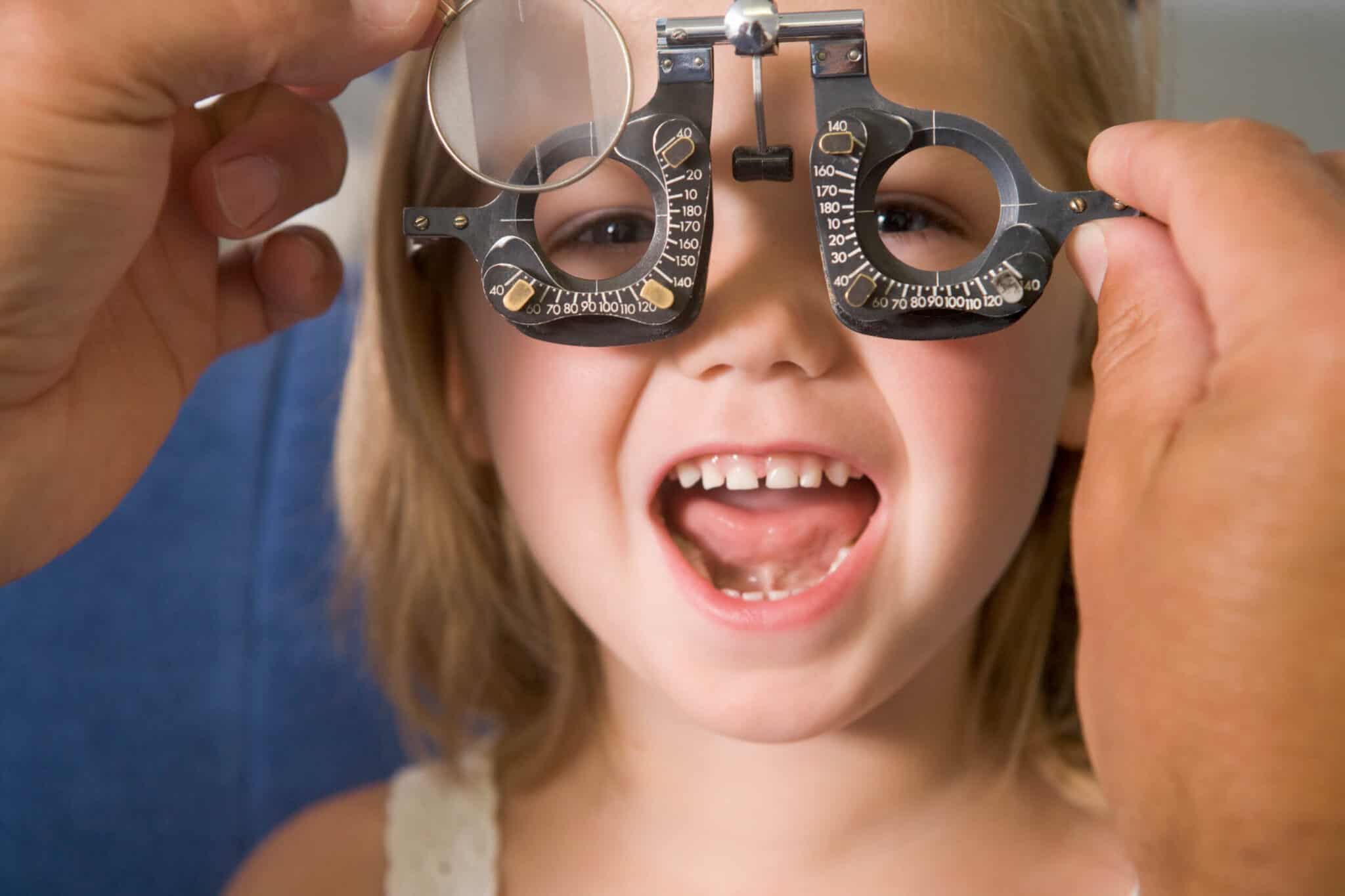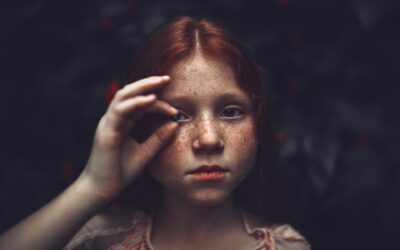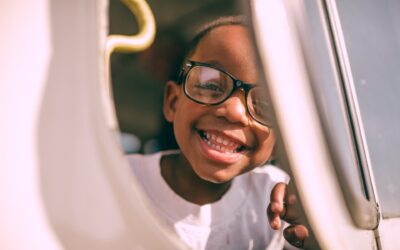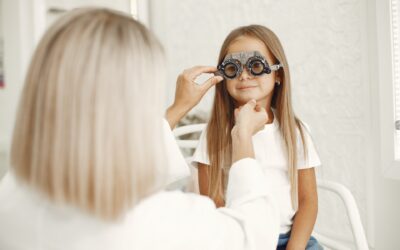There are many recommended health care appointments for children, and a comprehensive eye examination with an eye doctor is an important part of these. It may be confusing as to when you should bring your child for an eye examination and what can be done at each age.
This article will explore expert recommended guidelines for children’s eye examination intervals and what to expect from these appointments. In addition, the information here may be different if our optometrist finds certain conditions that they want to watch more closely.
0 – 2 Years: One Eye Examination Between 6 – 12 Months of Age
Although young and unable to do a typical eye examination, infants are able to have their eyes examined for various entities that can affect their development. After birth, hospital staff check for basic eye functioning and any noticeable diseases, like infections or the media of the eyes not being clear.
Our optometrist can check the eyes again between 6 – 12 months of age, where they are doing simple objective tests to check again for opacities in the eyes, glasses prescriptions that are outside of normal levels and can impact development, eye turns that require prompt treatment, etc.
These are short appointments that can do a great deal for a child if an issue is found.
3 – 5 Years: At Least One Eye Exam Between 3 – 5 Years of Age
As the child grows older, a more thorough eye examination is possible that can more precisely determine variables like the glasses prescription, which can be increasingly important as the child begins school.
This can be quite important as changes in the eyes that are not likely to be noticed by parents, like different refractive errors between the two eyes, can lead to amblyopia, or “lazy eye.” Amblyopia results when an eye does not have a clear image during the childhood years until age 9, causing the brain to not develop proper connections to that eye.
If the problem is corrected before age 9, proper function can develop, but if correction occurs afterwards, then there may be residual lack of vision in that eye.
6 – 18 Years: Once Before First Grade Then Annually Thereafter
As kids grow older into school, sports, and other activities, closely looking after their vision remains important. Even once we are beyond the ages where amblyopia could be a problem, optional correction of refractive error is important to optimize learning.
Treatment of errors in how the eyes focus, and how they work and move together, are also important for school and, especially, homework. Contact lenses may become important for sports and other extracurriculars like performances.
If a child is nearsighted, methods exist to reduce the rate that their prescription grows, leading to a smaller prescription overall when they finish growing.
Parents sometimes believe that if there is an issue with their child’s vision, they will be able to see it themselves, and put off routine eye care for their kids.
On the other hand, when an issue is found in an eye examination that was not previously known about, some parents blame themselves for not bringing their children in sooner. The best way to avoid this feeling, and to maintain the eye health of our kids, is to just simply get their eyes examined at proper intervals.





